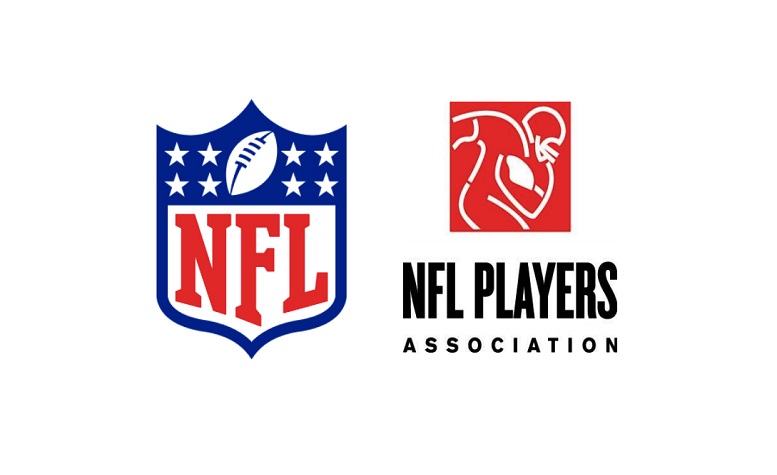Earlier this offseason, the Cleveland Browns shocked the NFL world not only by trading three first-round draft picks and then some for former Houston Texans quarterback Deshaun Watson, but also then turning around and giving him a five-year, $230 million contract that was entirely, fully guaranteed for cap, performance, and injury.
Now, his would-be teammate who is currently unemployed and guaranteed nothing is pushing for other players to push for fully-guaranteed contracts of their own. Former Cleveland Browns center J.C. Tretter, who is the NFLPA president, and who was cut earlier this offseason, penned an article in the wake of the Watson deal advocating for his position.
Much of the focus of his article was centered around the reality that, while the other major sports leagues essentially have guaranteed contracts, it is not because of the Collective Bargaining Agreements that their players unions have with their leagues. It is because of the individual generational power that their players wielded that led to those guarantees.
“For NFL players, the path should not be that different”, he wrote. “Yes, we have more players and yes, we have a different game that sets up different challenges. But we have seen flashes of players negotiating fully guaranteed deals”.
He noted, of course, the three-year contract that Kirk Cousins signed with the Minnesota Vikings a few years ago, which was fully guaranteed, and which was at the time the most significant of its kind before being completely eclipsed by Watson’s deal earlier this year. He noted that that didn’t lead to the hoped-for change at the time, but that the latest could be a watershed moment.
“For years, clubs have told agents that a main reason for not guaranteeing contracts was the ‘funding rule’ – an archaic league rule that says teams must put into escrow an amount of money equal to what they are guaranteeing a player in any contract beyond the first year”, he noted.
Thanks to the Browns, he goes on, “We once again have proof that the funding rule is an artificial barrier to guaranteed money, and credit to David Mulugheta, Watson’s agent, for working with our union to push past it”.
The funding rule essentially requires that teams place money in escrow equivalent to that amount they have guaranteed to their players through contracts, regardless of whether that money is owed in the current year or five years from now. In other words, the Browns have had to put the entirety of $230 million in escrow for Watson.
But NFL teams have money. They can afford to do that, even smaller teams, if they really want to sign somebody, as the Browns showed. The latest CBA did introduce a $15 million ‘credit’ to the funding rule that teams could guarantee without placing into escrow, but obviously that becomes chicken scratch when we’re talking about potentially hundreds of millions of dollars guaranteed in a single offseason.








